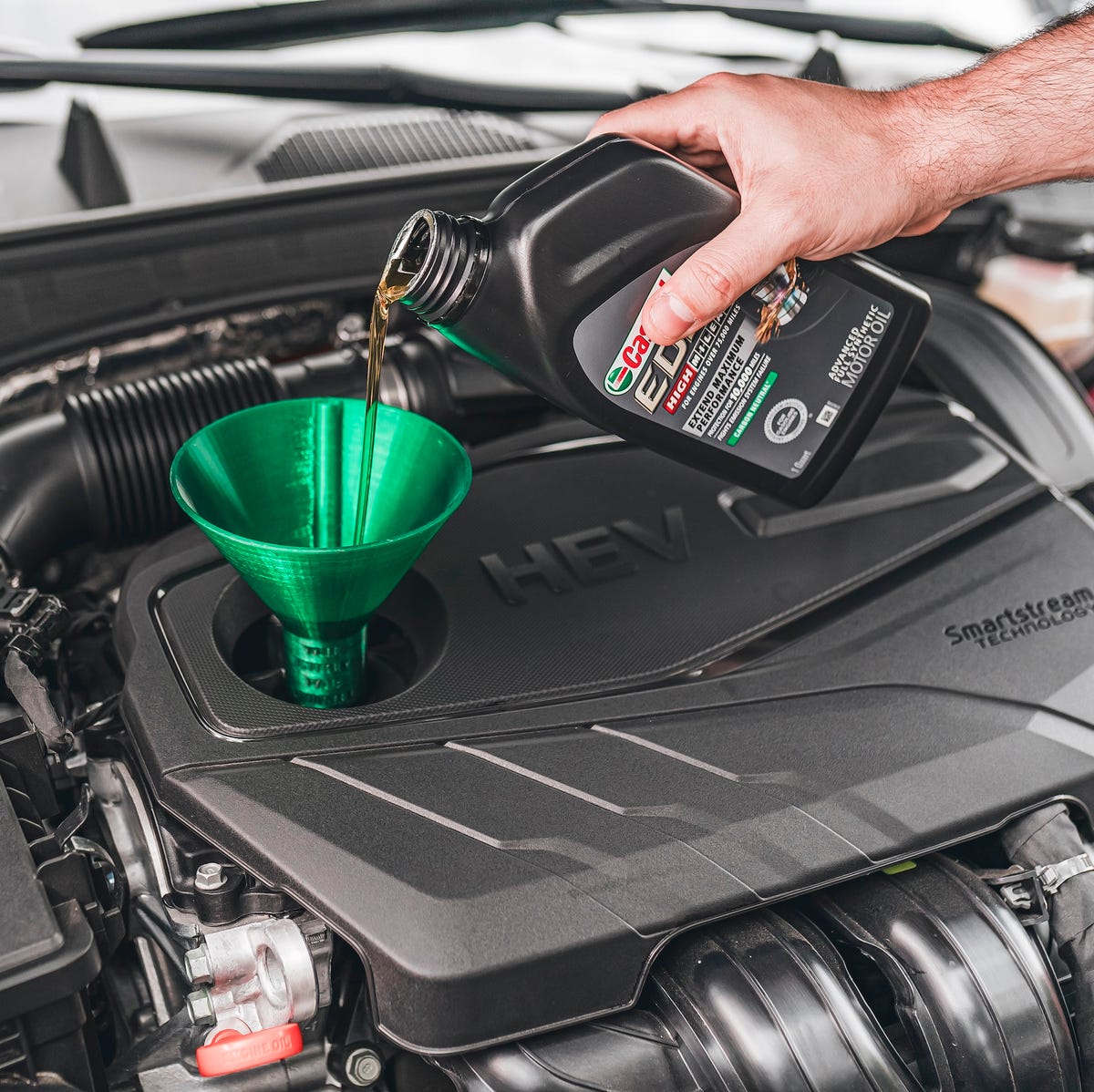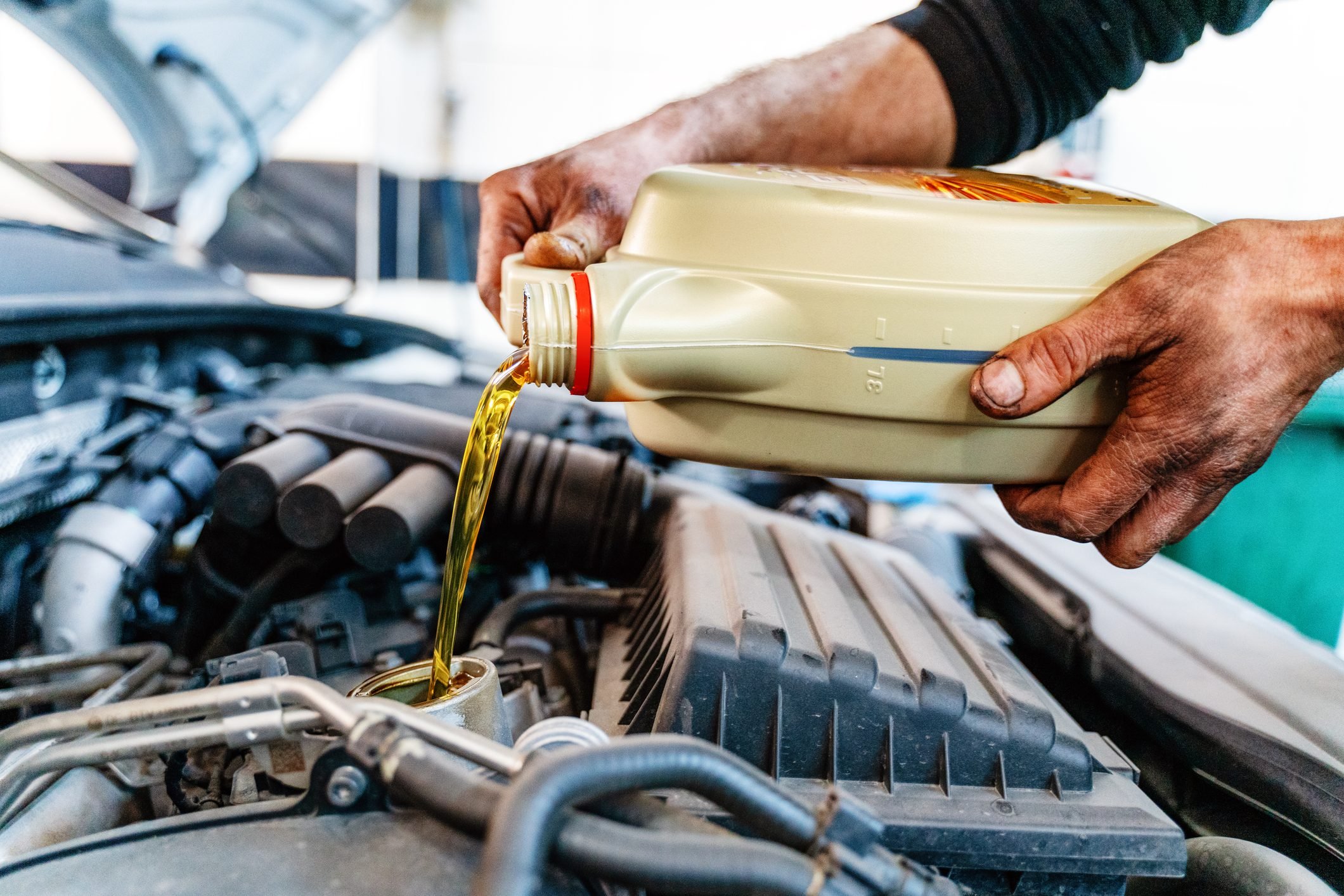Reliable Oil Change Lockhart service that meets all your vehicle’s needs.
Reliable Oil Change Lockhart service that meets all your vehicle’s needs.
Blog Article
Optimize Your Car'S Performance With Normal Oil Adjustments
Keeping your car's performance is a multifaceted venture, with routine oil adjustments standing out as a crucial element. Fresh engine oil plays an essential role in guaranteeing ideal lubrication, reducing friction, and avoiding wear on vital components. Many vehicle drivers ignore the indicators that suggest a demand for an oil modification, possibly compromising their vehicle's longevity.
Importance of Routine Oil Modifications
While lots of automobile owners might ignore the significance of normal oil adjustments, overlooking this important upkeep task can bring about severe consequences for engine efficiency and longevity. Engine oil plays a vital role in oiling relocating parts, minimizing friction, and protecting against overheating. Gradually, oil deteriorates as a result of direct exposure to heat and impurities, which diminishes its efficiency.
Falling short to alter the oil frequently can cause the buildup of sludge and debris, which can block vital engine components and bring about boosted wear. This not only endangers engine effectiveness however can also cause pricey fixings and even overall engine failing. Additionally, old oil sheds its ability to neutralize acids generated throughout burning, which can result in rust and more damages.
In addition, several lorry makers advise details oil change periods, frequently based on gas mileage or time. In recap, normal oil changes are not merely an idea; they are an essential component of responsible vehicle maintenance that secures the engine and boosts total efficiency.
Benefits of Fresh Oil
Transforming to fresh oil provides numerous benefits that directly improve engine efficiency and effectiveness. New oil reduces friction in between engine components, which not only reduces wear yet additionally adds to smoother operation.
Additionally, fresh oil efficiently cleanses the engine by suspending impurities and preventing sludge build-up. With time, oil comes to be polluted with dirt, metal fragments, and burning results. Consistently replacing oil guarantees that these hazardous materials are gotten rid of, promoting a cleaner and healthier engine setting.
In addition, fresh oil aids in optimal temperature policy. It dissipates heat better, protecting against overheating and prospective damage to engine parts. This is especially essential throughout peak efficiency scenarios, where heat buildup can hinder engine performance.
Indications Your Oil Demands Altering
Engine oil is the lifeblood of your automobile, and identifying when it requires altering is important for preserving ideal performance - Oil Change Lockhart. A number of indicators show that it's time for an oil adjustment, and remaining vigilant can stop engine damages and costly repair work
First, examine the color and consistency of the oil. Fresh oil is commonly brownish-yellow and smooth, while old oil might show up dark and sandy, suggesting contamination and lowered performance. A change in thickness can additionally represent that the oil has broken down and is no more adequately oiling engine components.

An additional indication is the oil modification light on your control panel. This sharp works as a pointer that the oil has actually reached Our site its life expectancy or that there is an underlying issue needing interest. Furthermore, uncommon engine noises, such as knocking or ticking, might suggest inadequate lubrication due to degraded oil.
Finally, if you notice oil spots More Info or puddles under your lorry, it might show a leak that necessitates instant evaluation and feasible oil change. Listening to these signs will ensure your engine runs smoothly and efficiently.
Picking the Right Oil
Selecting the ideal oil for your lorry is vital for making sure optimum efficiency and durability. Engine oils can be found in numerous kinds and thickness, each developed to meet specific requirements. The first consideration ought to be the manufacturer's suggestions, which can typically be located in the proprietor's handbook. This guidance will guide you towards the appropriate viscosity grade, such as 5W-30 or 10W-40, which shows the oil's density at different temperatures.
Following, consider the sort of oil: conventional, synthetic, or a blend. Traditional oil is stemmed from unrefined oil and is suitable for older lorries, while synthetic oil uses remarkable protection and performance for contemporary engines, particularly under severe problems. Synthetic blends integrate the benefits of both and are frequently an affordable option.
Additionally, seek oils that meet industry criteria, such as API (American Oil Institute) or ACEA (Organization des Constructeurs Européens d'Automobiles) qualifications. These indications ensure that the oil has actually been tested for high quality and performance. Ultimately, selecting the ideal oil not just enhances engine efficiency yet also contributes to the overall health and wellness of your car, paving the method for smoother driving experiences.
Oil Adjustment Frequency Recommendations

Aspects affecting oil change frequency consist of driving problems, such as stop-and-go traffic, extreme temperature levels, and pulling heavy lots. Under severe conditions, it may be prudent to change the oil much more regularly to stop engine wear. Additionally, some modern cars come outfitted with oil life monitoring systems that offer tailored referrals based on driving practices, which can additionally maximize the oil change schedule.
It's important to consult your proprietor's guidebook for details referrals customized to your vehicle. Complying with these standards why not try this out not just protects engine wellness but additionally enhances fuel efficiency and minimizes emissions. To conclude, routine oil adjustments, timed suitably based on numerous variables, are a fundamental facet of car upkeep that can dramatically affect efficiency and longevity.
Final Thought

Report this page